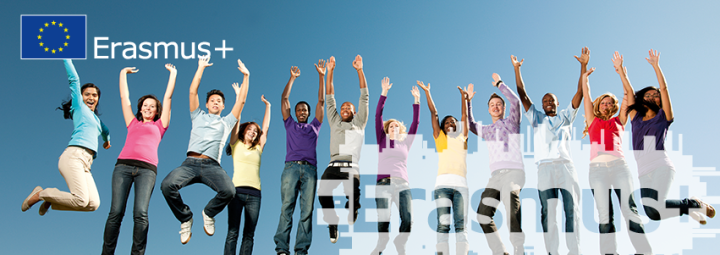Erasmus+
General information
Erasmus+ is the European Commission’s educational programme for Higher Education students, teachers and institutions. Erasmus+ aims to modernise and improve higher education across Europe and the rest of the world. It gives students and staff opportunities to develop their skills and boost their employment prospects. Good practices will be shared between universities and businesses.



